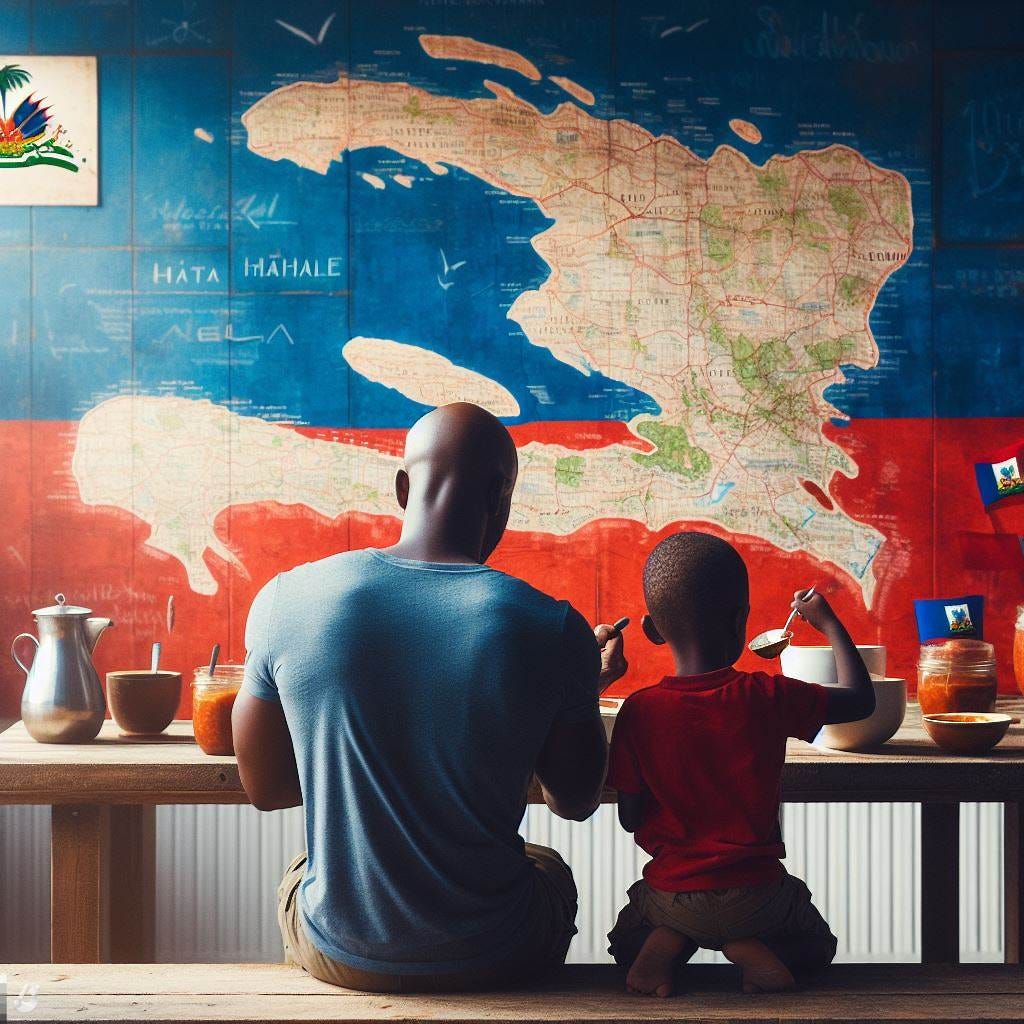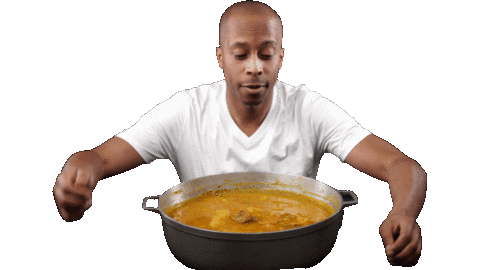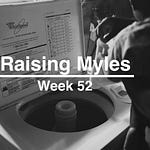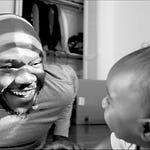The video above was made in 2022, two years before you were born, in the second apartment where your mother and I lived in Bed-Stuy, Brooklyn. It’s funny how everything I’ve ever done now feels purposeful, now that you’re here.
This is not a history lesson, but when they try to reduce your history or wash it in bleach—just know your father, the non-historian, the proud second-generation Haitian in me, will gladly fill you in.
Dear Myles1,
Your father is not a historian; just a proud Haitian. Exactly 218 years ago on this day, people who looked like you and me, who spoke a language that's an amalgamation of French, Fongbe, Igbo, Spanish, and several others, decided that reasoning with their oppressors would not be enough—decapitation and burning their houses would be the only resort to freedom.2 On January 1, 1804, people who resembled us, with the same language that I'm desperately holding on to so I can teach you, achieved what no country at the time could or would ever be able to - gain their independence through a slave revolt.
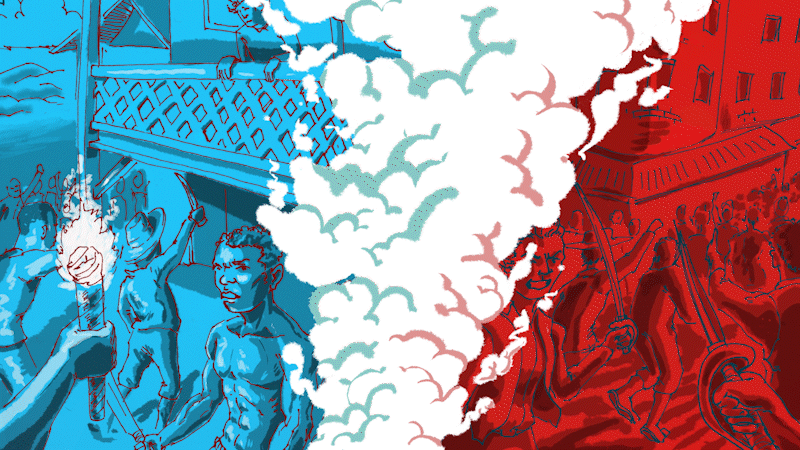
For as long as I can remember, every January 1st, we ate Soup Joumou. When I was younger, I never asked why; it is something every Haitian household just did. I remember the pot that it was cooked in often took up two burners on the stove. The soup was a medley of all my favorite things—I never had to sift through any one thing to get to what my spoon wanted. I loved everything in it: the beef, sometimes goat, potato, carrots, and the rest, all swimming in the liquid of blended down pumpkin and squash.
The soup tasted good, but it tasted even better when I learned what it stood for. In Haiti, then called Saint-Domingue, enslaved Africans—people who looked like you and me—were forbidden to eat this soup, even though they were the ones who prepared it for their enslavers and colonizers. It was a status symbol, only reserved for the bourgeoisie, and never to be seen in the hands of the enslaved. As Kelly Paulemon, author of "Soup Joumou - The Taste of Freedom," puts it, “it was not intended for them, as it was considered too rich, too wholesome, too good.”
But when the Haitians, people like you and me, overthrew their captors and broke free from French rule, the soup was made available to all—appropriated to now symbolize freedom.
This is how we commemorate our ancestors, by partaking in eating this meal to remember the fight for a freedom that was systematically denied to us. In every Haitian household, especially ours growing up, Soup Joumou would be eaten for breakfast, lunch, dinner, and frankly, all week. After a couple of days, and forgive me, ancestors, I craved for something else – I had my fill of the freedom soup and was ready to see it on the first of next year.
When I lived at home with your grandmother, the soup was readily available—I only had to walk to the kitchen to get some. When I was older, and her kitchen was too far, I could walk to a Haitian restaurant in Bed-Stuy, Brooklyn, and buy it. But now, living in Birmingham, AL, where your grandmother’s kitchen is too far, and there are no Haitian restaurants nearby, the closest I can get to soup is writing to you about it.
But I don’t worry too much. Your father is a much better cook now that you’ve been born. I don’t know how, I don’t know when, but one day I’ll learn to commemorate our history and honor our ancestors with my own hands—I’ll learn to make Soup Joumou, with your mother’s help, hopefully.
L’union fait la Force.
Happy First Haitian Independence Day, Son
Love,
Daddy
Reflection:
I did not learn how to make soup this year.
Maybe it is because I am tired, or maybe it is because I knew this year we would all be with Grandma—me eating it for the first time in a couple of years, and you for the first time ever.
Today, I get to watch her put you on her lap and feed you. I get to see my father, your grandfather, smile at a sight he cannot articulate—but I can. I know fully well that his look means this is what it looks like for a lineage to heal. And for your grandmother, this is what it feels like to know that her sacrifice—leaving everything she knew to come to a land with nothing—has borne fruit in a son grandson.
And as much as I want to learn for myself, to pass on tradition, today I get to relish both in the nostalgia of eating a dish I grew up with that always meant comfort and pride for a land I’ve never been to but felt close to because I ate the food and speak the language. Today, I get to share that experience with you—one I never had growing up. My father and mother, who have not been together for years, have come together, smiling and laughing, for me, your mother, the soup, but mostly you. This is what it looks like for generations to heal.
This is what it looks like now because you are here.
Thank you for being here.
Thank you for being you.
We love you, and there’s nothing you can do about it.
Love,
Fanme
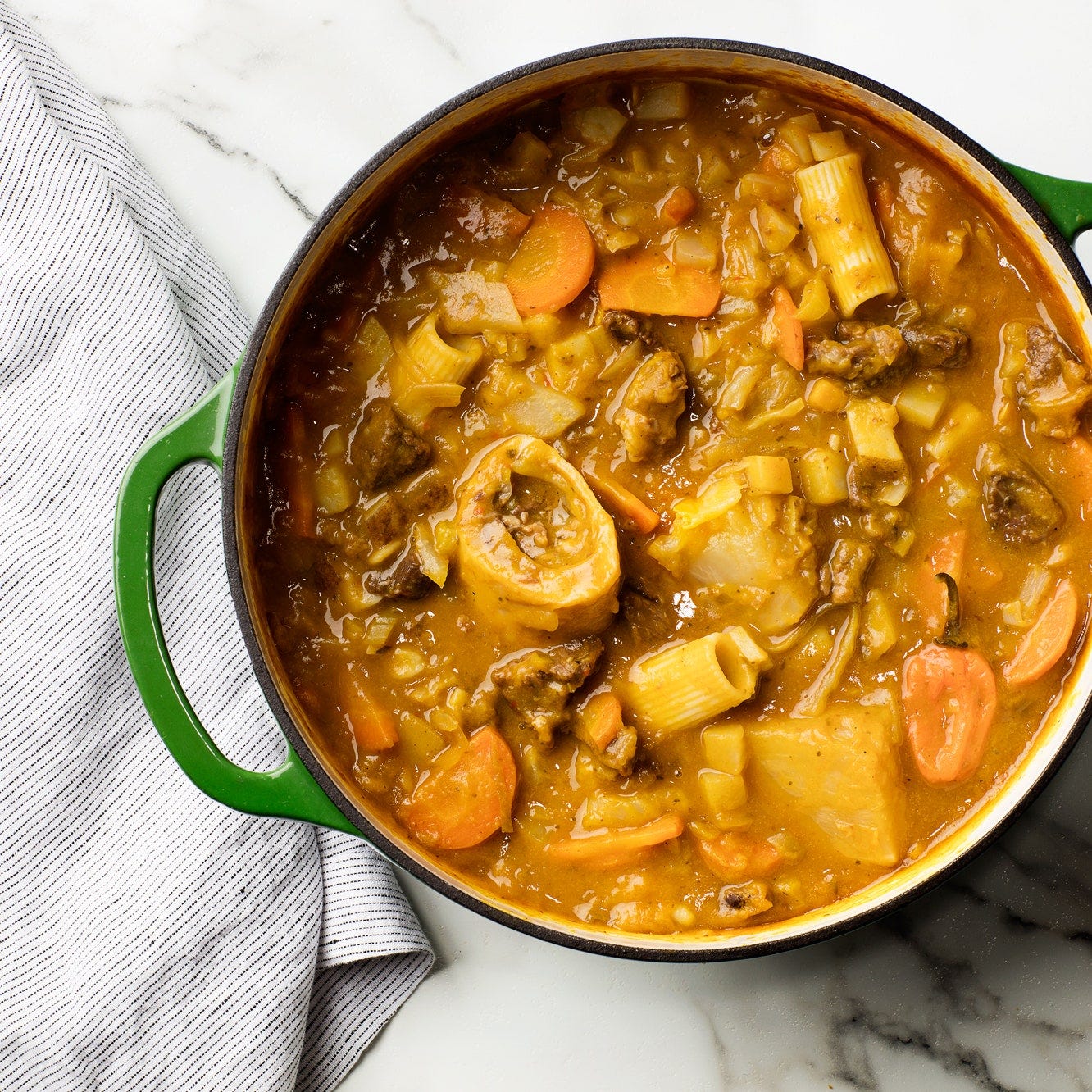
If you can’t commit to a monthly subscription, but still want to support Myles’ college plan, here is my Buy Me a Coffee page.
Let me know your thoughts:
How does your family celebrate the New Year? Any unique traditions to usher in the new year?
What’s a food that has cultural significance for you? Teach me and make me salivate.
How do you feel about resolutions? Any intentions you are setting for the new year?
Do you feel a sense of responsibility in passing on cultural traditions to your kids? How do you navigate this?
Want more of Myles’ Letters?
Here are some of the letters that have resonated most deeply with many of you:
The title of this letter is a play on Fredrick Douglass’ What to the Slave is the Fourth of July?
This line was inspired by this tweet from @Bigpikliz


